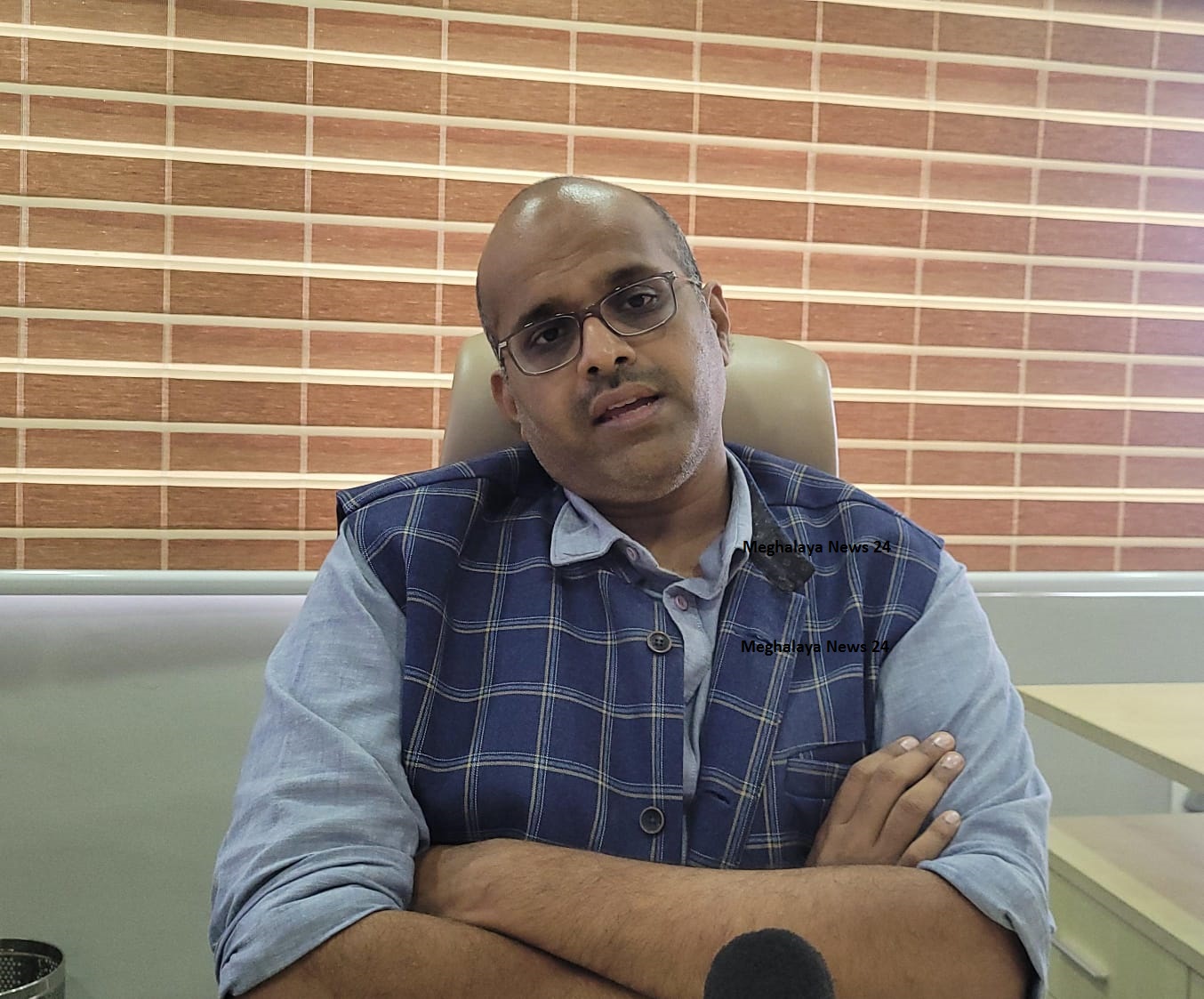Exclusive
Script published here are subject to copyright
Following a confirmed case of vaccine-derived polio found in a two-year-old child in Tikrikilla, West Garo Hills District, the World Health Organization (WHO) visited the affected village to collect samples from local children. The WHO team has recommended enhancing surveillance in pockets of Meghalaya where immunization rates fall below the desired level.
“The WHO team has returned from their field visit, suggests surveillance needs to be strengthened in some of the pockets there is minimum level of surveillance needs to be done in pockets of Meghalaya where surveillance number is not upto the mark,” Ram Kumar S, Secretary of Health and Family Welfare, Government of Meghalaya told Meghalaya News 24.
The team also uncovered an outbreak of Measles Rubella in the region. In response, the health department official informed that a state-level task force has been formed, led by the Principal Secretary of Health, to work alongside district-level deputy commissioners to address the issue more seriously.
Ram Kumar confirmed that the WHO team collected 28 samples from children in the affected village, all of which tested negative for polio. He clarified that this was a case of vaccine-derived polio, not wild polio, and attributed the situation to vaccine hesitancy. “It’s not about the vaccine itself; it’s the lack of routine immunization,” he explained, adding that 30% of children in the village had not been vaccinated.
Meghalaya’s Immunization Coverage Nears 90%, But Pockets of Hesitancy Remain a Concern
Vaccine hesitancy has been observed in approximately 500 of Meghalaya’s 7,000 villages, which poses a challenge to achieving herd immunity. “We are approaching 88-90% vaccination coverage statewide, but there are pockets where herd immunity is lower. We are taking all necessary precautions, and there is no cause for alarm,” Ram Kumar reassured.
Asked about the specific case, Ram Kumar added, “So, there is no issue—it seems to be a very isolated case of this particular child. Even with this child, there’s no significant predisposition to polio. What we’re seeing is due to a lack of routine immunization, not the vaccine itself.”
Citizens are urged not to panic, as there is no evidence of wild polio in Meghalaya. The WHO and state health officials are closely monitoring the situation and ensuring that all preventive measures are in place to prevent further cases.
“No it’s not wilds polio please do not say all these things, that is vaccine derived Polio,” he added.


